This week I was on RNZ’s Nine to Noon with Kathryn Ryan talking about the future of NZ’s tech sector, and more specifically, what’s covered off in the Government’s draft Industry Transformation Plan for digital tech.
It’s a pretty exciting piece of work. For the first time, there’s a real focus on the broad steps needed to transform the tech sector – not just to be our top export earner, but also to empower and enable the rest of the economy to grow.

And it’s been developed by industry and government working together, which is great.
In my previous role I was responsible for the development of the skills part of the plan, and still chair the cross-Industry and Government Skills Steering Group that’s currently overseeing a deeper dive into upskilling and reskilling for the next cut. So it’s great to see the whole plan out there now.
The what and why
Why do we even need an “Industry Transformation Plan”? The digital tech industry has been growing massively in recent years, so why do we need another plan?
To me, the answer is exactly the same as why successful companies still need a plan for digital transformation. Yes, that’s an overused term but the fact is, even the most successful companies can do more if they grasp, understand and harness the opportunities that digital can bring. And it’s the same for the tech industry as a whole.
The huge growth we see in the digital tech industry is despite some significant challenges, such as finding the right people with the right skills. But if we can address these, the handbrake comes off and the industry can absolutely achieve the objective of driving New Zealand’s post-Covid economic recovery.
But it ain’t going to happen on its own, and that’s where the Industry Transformation Plan comes in. By highlighting, addressing, resourcing, and funding solutions to the challenges, we can remove the barriers and watch the industry flourish faster than ever.
But, of course, the challenge is, how do we make sure we do it right? With any change there’s always the risk of making things worse. As with Digital Transformation, the key is to ensure any change is driven by data, analysis, and expertise. And that’s what the Digital Transformation Plan is all about.
So what are the key components?
Skills and Talent
Digital Minister David Clarke noted in the draft that the “… biggest limiting factor is people”. This has always been the challenge to growth in the tech industry – or more to the point, people with the right skills and experience. So let’s start there.
The Skills and Talent component of the ITP is taken from, and covered in more depth, in a separate Digital Skills and Talent Plan. It really was a huge collaborative effort by experts from across Industry and Government.
The Plan outlines 10 key actions that need to be taken to address skills, and they’re all important, but the bottom line is:
- There’s a real imbalance between domestic skills development and immigration. Both are massively important, but pre-Covid we were bringing in far more people than we were growing locally and that balance is unsustainable, as Covid has shown us now. So, lots needs to be done to rebalance this.
- As an industry, we haven’t been great at upskilling or reskilling – growing our people. Many companies like Datacom, IBM and CIO Studio have a strong focus in this area, but overall, a lot more work needs to be done.
- We need more pathways into our industry – the traditional pathways such as tertiary degrees (in their current form) don’t suit a lot of people, especially those poorly represented in the industry.
- There are a range of other interventions needed, such as development of a domestic Tech Story to attract more good people, increased support in schools, a much more joined-up all-of-govt approach, a focus on Māori participation and more.
There’s a lot more detail in the report, but in short there is no silver bullet – there’s a whole bunch of things that need to happen to address the skills challenges and we can’t rapidly grow the industry unless we sort out skills.
Data-driven innovation
Some of the stats around New Zealand industry’s use of data is frankly woeful. We live in a time where there is sooo much data around us on almost anything, yet often it doesn’t underpin decisions that have often have a significant impact on organisations.
As digital professionals, we always look for data and analysis to underpin decisions; so on one hand it’s surprising to find that much of New Zealand is overall around 4-5 years behind many other countries in our use of data in decision-making. On the other, we know this is an area that lots of companies struggle with – many of the companies we work with need a hand in this space.
As a country, we need to catch up. Government initiatives such as Digital Boost certainly help on the fringes, but it needs to be deeper than that.

There are a lot of thoughts about why we’re a bit behind on this as a country. I think there’s an element of the “#8 wire” culture in New Zealand that has an impact; our innovative “just get it done” culture has done us very well as a country, but there’s a point where innovation can and should be based on data, not just instinct.
Bottom line, there’s potentially $4.5 billion in economic benefits from doing this properly.
Māori tech opportunities
There are two big sets of opportunities highlighted in the report for Māori – one is addressing the very low rate of Māori participation in the industry (both as workers and as entrepreneurs), but also looking at the opportunity of building a uniquely Te ao Māori flavour to how we do digital, and how we present kiwi innovation to the world.
Again, this is not just a tech sector issue, and not even just a business and work issue. Digital tech has the opportunity to transform entire communities and society as a whole, especially Māori, Pasifika and other communities that are currently poorly represented in the industry.
The report talks about some of the solutions and again, it’s great to see many of these already underway.
Export growth
It’s exciting to see that software exports have overtaken wine exports from New Zealand, but where’s the noise about it? Tech sector growth is still pretty under-stated.
We’ve seen some massively successful kiwi software companies that have taken on the world – companies like Xero and Vend who have become household names in many countries. So how do we create an environment where more and more will follow in the footsteps and flourish on the world stage?
The report focuses in on two particular areas of growth: Software-as-a-service companies (like Xero), and Interactive Media (think game development).
These two industries are big, really big. And our country is small. In fact, just a single big global hit in the interactive media space has the potential to transform New Zealand’s entire economy – so what would happen if we had, say, 5, or even 10?
Artificial Intelligence
AI is becoming less a “thing” in its own right, and more about just how we do things. But how do we scale it, and how do we do it in a way that people trust?
At CIO Studio, three key principles are Scale, Credibility and Trust. And interestingly, these are essentially the three key themes of AI development, especially as people recognise that the opportunities from AI also come with risks.
Credibility and Trust aren’t the same thing. Credibility talks to doing things right and in a credible way, whereas Trust is people understanding that you’re doing things right and in a credible way and trusting you to do so. And AI can easily suffer from a deficiency of both.
The report and resultant actions focus on how we can ensure ethical use of AI in New Zealand, and how we can build that trust with overseas markets. There’s a massive opportunity here and it’s great this has been highlighted.
Government
Around 30% of the tech industry’s domestic output is consumed by Government – local and national – so small changes here can have big impacts.
One area of considerable focus is the process of Government Procurement and, for example, how we can ensure there are good opportunities for smaller New Zealand-based innovative companies to compete for work on an even footing with the big multinationals.
This isn’t just tech and both are actually needed of course, but the balance isn’t always right.
Aside from procurement, how Government uses digital technologies itself can have a profound impact on the country as a whole and can completely lead the way.
Generally speaking, we’re seeing some great work out of Government at the larger end – a good example is the largely successful IRD Transformation project that has massively increased efficiencies in the tax system.
There are some big opportunities over the next few years in areas such as health and education to really bring tech-led innovation to the fore, with huge flow-on implications for how we look after our people.
NZ’s Tech Story
What do people think about when they think of New Zealand? Often it’s hobbits, wine, dairy and holidays. These are great things and nobody is suggesting otherwise, however with the possible exception of filmmaking, they’re a world away from digital innovation.
So how do we re-frame how the world sees New Zealand?
Part of this work has been creating a “public domain” brand around New Zealand’s technology industry:

This is part of a wider refresh of the overall New Zealand Story, now led by kiwi tech personality David Downs, to ensure the innovation story is front and centre.
This is a great opportunity, and there’s never been a better time for the industry to come together and support a big joint initiative. Again, we’re a small country and by working together, we can tackle the world together.
Summary
Overall, the Industry Transformation Plan is taking shape and it’s great to see the breadth of coverage, the honest identification of the challenges, and the start of a plan to deal with it. The plan recently underwent broad consultation, so we certainly look forward to seeing the next iteration of it.
From CIO Studio’s perspective, we’re really pleased to see this progressing, and the depth of coverage. We think industry players need to help drive the change, and as always, we’ll do our part. Our whole philosophy and model is based around dealing with many of the same challenges, but within the SME community.
As always, the tricky thing will be in the implementation – whether Government will commit the resources, whether industry is prepared to step up and drive change, and whether the tertiary sector is in a position to do their part.
But like the most successful digital transformations, it has to start with a plan. And the Digital Tech Industry Transformation Plan is shaping up to be a good one.
More information
- Industry Transformation Plan draft
- Digital Tech Skills and Talent Plan
- RNZ Podcast with CIO Studio Chief Executive Paul Matthews
Paul Matthews is the chief executive of CIO Studio. Click here to talk to the team about how we can help your company do it right.
Get industry updates, tech news, and CIO Studio blogs free to your inbox!


